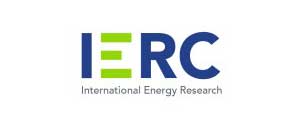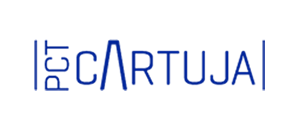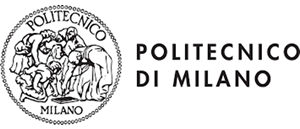About
Project
SPEEDIER is a highly innovative one-stop-shop solution that applies an integrated approach to energy management, providing information, advice, capacity building, energy auditing, financing, implementation of energy efficiency solutions and monitoring of impacts.
SPEEDIER delivers a self-financing outsourced energy management service with much benefit to SMEs, enabling them to implement energy conservation measures and also obtain access to the energy services market. The service will be available via energy consultants, auditors and experts and will facilitate the uptake of energy audits, and the subsequent implementation of energy efficiency measures in SMEs.
The service also streamlines for SMEs the process of identifying and implementing energy saving measures by outsourcing all time-consuming energy management activities that require technical expertise.
The iterative cycle of implementing energy conservation measures, determining the savings against an agreed baseline, ring fencing those savings and reinvesting them into additional measures is the core innovative principle of the SPEEDIER Service that can be applied to both SMEs and large enterprises.
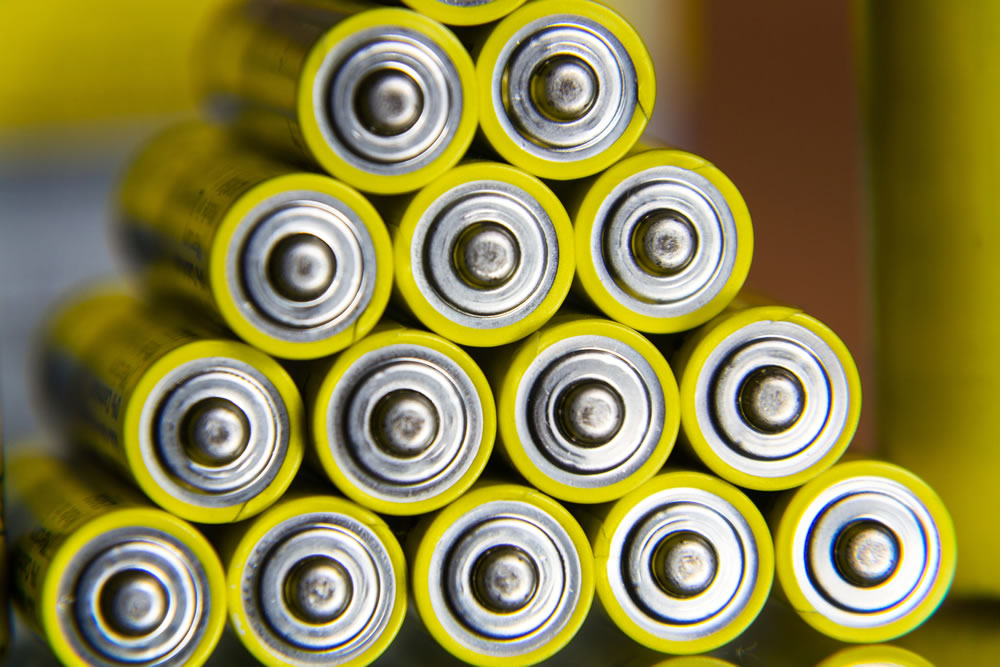
![]()
To facilitate the uptake of energy audits and implementation of the resulting energy conservation measures in SMEs in each of the 4 pilot regions by offering a programme of outsourced energy management.
![]() To demonstrate the effectiveness of the self-financing mechanism as a means of driving investment in energy conservation measures among SMEs and large enterprises.
To demonstrate the effectiveness of the self-financing mechanism as a means of driving investment in energy conservation measures among SMEs and large enterprises.
![]() To enhance the energy culture of SMEs through a series of engagement awareness and capacity building activities leading to SMEs that are fully aware of the multiple benefits of energy auditing.
To enhance the energy culture of SMEs through a series of engagement awareness and capacity building activities leading to SMEs that are fully aware of the multiple benefits of energy auditing.
![]() To demonstrate the SPEEDIER Service as an innovative & effective tool that can be used by member states to enhance the delivery of Article 8 of the EED in SMEs and large enterprises.
To demonstrate the SPEEDIER Service as an innovative & effective tool that can be used by member states to enhance the delivery of Article 8 of the EED in SMEs and large enterprises.
![]() To increase the skills of the key market stakeholders that will enable the long-term delivery of the SPEEDIER Service beyond the end of the project.
To increase the skills of the key market stakeholders that will enable the long-term delivery of the SPEEDIER Service beyond the end of the project.
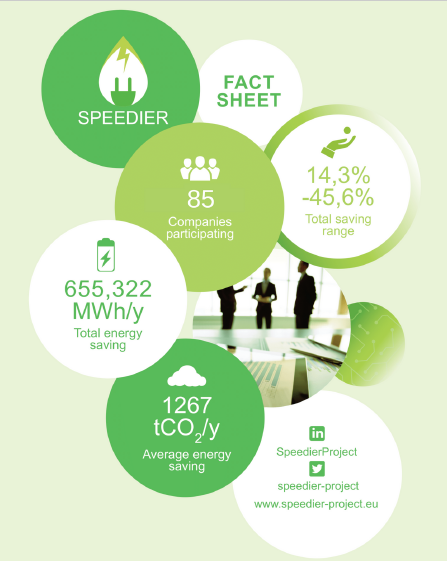
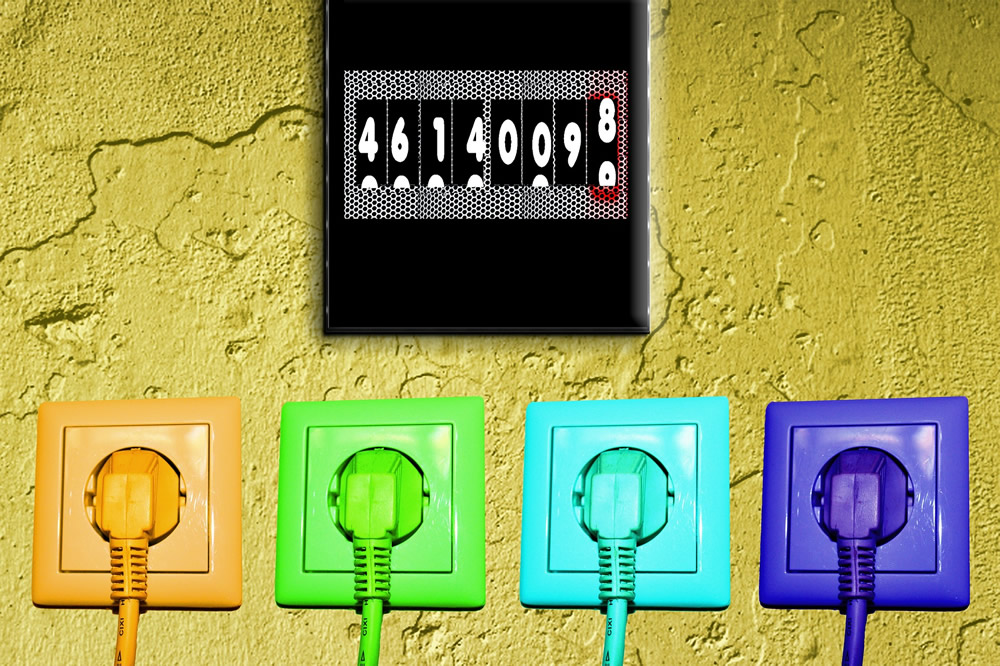
![]() The project will develop and test the SPEEDIER Service in a number of iterative steps in the quest to create a fully functioning and self-sustaining service that can be rolled out across the EU, starting in the piloted countries.
The project will develop and test the SPEEDIER Service in a number of iterative steps in the quest to create a fully functioning and self-sustaining service that can be rolled out across the EU, starting in the piloted countries.
![]() In the first step, a review of existing programmes, schemes, incentives, projects, tools and lessons learnt will set the starting point for the SPEEDIER Service (WP2). The initial service will be defined to merge successful elements of previous projects whilst finding ways to overcome the challenges they faced (WP4). This initial service definition and staff engagement training will be implemented by the partners, who will implement the SPEEDIER Service in the first round of pilots in each of the pilot regions (WP5).
In the first step, a review of existing programmes, schemes, incentives, projects, tools and lessons learnt will set the starting point for the SPEEDIER Service (WP2). The initial service will be defined to merge successful elements of previous projects whilst finding ways to overcome the challenges they faced (WP4). This initial service definition and staff engagement training will be implemented by the partners, who will implement the SPEEDIER Service in the first round of pilots in each of the pilot regions (WP5).
![]() Based on feedback received during and after the initial round of pilots, the service, the training, the energy auditing tool and the mobile app will be further refined in WP4, being before re-testing in a second round of pilots (WP5) in each pilot region. A further evaluation will capture any additional learning points and these will be used to fine tune the service before developing the final best practice guides and service definitions that will establish the ongoing service.
Based on feedback received during and after the initial round of pilots, the service, the training, the energy auditing tool and the mobile app will be further refined in WP4, being before re-testing in a second round of pilots (WP5) in each pilot region. A further evaluation will capture any additional learning points and these will be used to fine tune the service before developing the final best practice guides and service definitions that will establish the ongoing service.
![]() A similar iterative approach will be taken to the development of training for SPEEDIER Experts and SPEEDIER Trainers. After the first round of SPEEDIER Expert training delivered in WP6, potential experts who attended the session will be invited to shadow the consortium as they deliver the first round of pilots.
A similar iterative approach will be taken to the development of training for SPEEDIER Experts and SPEEDIER Trainers. After the first round of SPEEDIER Expert training delivered in WP6, potential experts who attended the session will be invited to shadow the consortium as they deliver the first round of pilots.
![]() WP1 Project Management
WP1 Project Management
![]() WP2 Literature review and needs analysis
WP2 Literature review and needs analysis
![]() WP3 Needs and Opportunities for SMEs
WP3 Needs and Opportunities for SMEs
![]() WP4 Development of content for SPEEDIER training materials
WP4 Development of content for SPEEDIER training materials
![]() WP5 Implementation of SPEEDIER service in SMEs and large enterprises in 4 pilot regions
WP5 Implementation of SPEEDIER service in SMEs and large enterprises in 4 pilot regions
![]() WP6 Training of SPEEDIER Experts and future Trainers on SPEEDIER guidelines
WP6 Training of SPEEDIER Experts and future Trainers on SPEEDIER guidelines
![]() WP7 Replicating SPEEDIER in other Member States
WP7 Replicating SPEEDIER in other Member States
![]() WP8 Communication, dissemination and exploitation activities
WP8 Communication, dissemination and exploitation activities
![]() WP9 Quality assurance
WP9 Quality assurance
Partners
IERC
The International Energy Research Centre (IERC), located in Cork, Ireland is a collaborative research organization that seeks to identify and exploit opportunities in the energy demand space through a holistic, systems approach to technology, policy, and markets. The IERC delivers the research needed to enable improvements through the five lenses of technology, analytics, behaviour, business models, and policy and regulation.
IERC Industry members work collaboratively with leading researchers to address the energy demand side challenges by examining how the highest quality of end use service can be delivered at maximum efficiency.
Sustainable Innovations Europe
SUSTAINABLE INNOVATIONS EUROPE is a Spanish consultancy company which provides innovative services to a wide range of sectors across Europe: bio-based industry, renewable energy, advanced materials, among others. The core competencies offered by Sustainable Innovations Europe are structured in three main pillars which bridge the gap between ideas to market: Innovation Management, Market Uptake of Innovative Solutions and Capacity Building.
Limerick Institute of Technology
Limerick Institute of Technology (LIT) is an institution of higher education in Limerick publically funded by the
Government of Ireland and set up under the IoT legislation. It is one of 13 such institutes in Ireland. The Institute has five campuses spread across Limerick City, County Tipperary and County Clare in the Mid West Region of Ireland. There are currently 610 staff at all campuses in LIT comprising of 461 permanent staff and 149 part time and contracted staff members.
The Research, Development and Innovation units, (RDI) are located in Limerick and Tipperary with 6 enterprise hubs across the 3 counties and are involved in research, enterprise support, training, social and community development and is active in regional development and European participation through EU funded projects. In addition to its research development and enterprise activities, the Development Unit implements a wide range of projects in partnership with academic institutes at home and abroad, professional organisations, local and central government, representative organisations, industry and commercial bodies.

Corporación Tecnológica de Andalucía
Corporación Tecnológica de Andalucía (CTA) is a regional public-private partnership (PPP) that was created in 2005 as joint effort of Andalusia regional government and a group of key companies to trigger innovation activities performed by the Andalusian private sector and to connect these activities with academia and society, supporting public bodies innovation policy implementation and promoting world-class R&I in a transition region.
Currently, CTA is owned by more than 150 companies, 70% of them SMEs, in 7 main European industrial priority sectors: ICT, Aerospace and productive processes, Agrifood, Biotechnology, Building and civil engineering, Energy and Environment, and Leisure and Tourism
PCT Cartuja
PCT Cartuja, Science and Technology Park Cartuja, is the great scientific and technological district of Seville. In an emblematic enclosure, heir of the Expo'92 in Seville, with a unique architectural design, it is home to 450 companies and organizations that have a common denominator: the innovation.
The commitment to a new productive model based on R+D+I generates a result of around 2 billion € of economic activity. PCT Cartuja is also responsible for the Marie Curie Incubator for technology-based companies, provides support services to enterprises from the Incubator since 2010, in which it was launched, while the management team works with more than 100 new technology-based companies since 2007.
Politecnico di Milano
Politecnico di Milano was established in 1863 and is now ranked as one of the most outstanding European universities in Engineering, Architecture and Industrial Design. In many disciplines is regarded as a leading research institution worldwide. Politecnico di Milano is nowadays organized in 16 Departments and a network of 9 Schools The Department Management, Economics and Industrial Engineering (DIG) has specific competences in the fields of applied economics, strategic, competitive and market analysis, technology assessment and feasibility study.. DIG staff is made of 82 professors (Professor, Associate Professor and Assistant Professor) and 90 researchers (Research Assistance and Phd Student).
Within DIG, the Energy & Strategy Group (www.energystrategy.it) is a reference point in Italy for the analysis and understanding of the energy efficiency, renewable and alternative energies industrial and competitive environment. It exploits the competencies in the field of innovation and technology management of the School of Management of Politecnico di Milano and the technical knowledge held by other Departments, in particularly the Department of Energy. The activity of the Energy & Strategy Group is supported by key players of the energy industry in Italy such as Ansaldo Energia, Bp Solar, Edison, Enel, Eni, EniPower, Intesa Sanpaolo, Mitsubishi Electric, Siemens, SMA, Sorgenia, Solarday and Techint. It also takes part to public funded research projects, works for private clients and consults industrial associations in the field of energy and environment.
ITeC
ITeC is a non-profit private foundation at the service of society, working in the construction sector since 1978. Our goals as an organization to support innovation are the generation and transfer of information and knowledge together with the provision of technological services, to improve the competitiveness of the construction sector stakeholders: public and private companies, and independent professionals. The professional skill of our technicians, a Board representing the majority of those involved in the sector and being a private non-profit making foundation give us independence and reliability.
TFC Research and Innovation Limited
TFC Research and Innovation Limited is an engaged scientific research company and works across four pillars, namely, conceptual architecture, project management, better practices and standardisation, and outreach. The company supports its partners and customers in advancing their research and innovation for the better optimization of their resulting products, services and processes. Presently, the company is working across a number of European projects in the areas of Energy, Security and eHealth.
Manage Energy
The Local Energy Agency of Bucharest ( Agentia pentru Eficienta Energetica si Protectia Mediului Bucuresti – AEEPM – http://www.managenergy.ro) is an independent legal entity with its own statutes and is established as a public not-for-profit (public NGO).The Setup of the Agency as a not-for-profit organization (public NGO) is an initiative of Bucharest Sector 1 Local Council with aims to carrying out activities in community interest and subject to Romanian law. The Agency is Project Management Unity for local, regional, national or international projects in the field of energy and environmental protection. The association helps the local authorities and communities to formulate strategies in these areas and support local authorities and communities in terms of providing information to the public, its awareness of current issues in the field, as well as advice on starting and running energy saving projects and protecting the environment.

